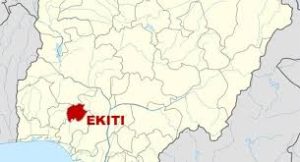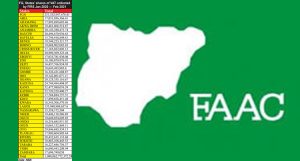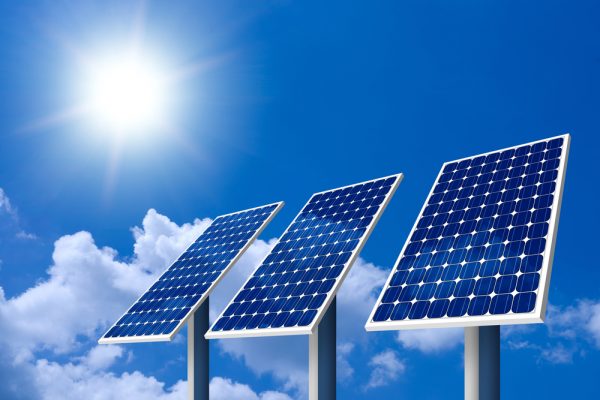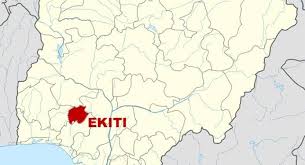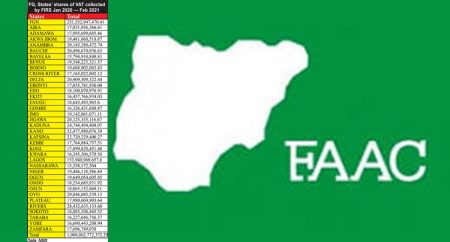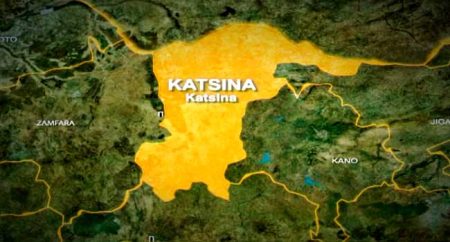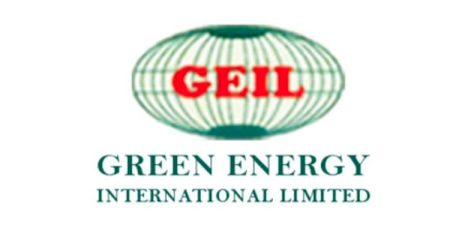A transformative solar-hybrid power project is poised to illuminate Saki, a community nestled within the Oke-Ogun region of Oyo State, Nigeria. This ambitious undertaking, a collaboration between De-Janees Concept Limited and Hexing Electrical Company Limited, aims to provide a minimum of 22 hours of daily electricity, a significant upgrade from the unreliable grid supply that has long hampered the community’s progress. The 10-megawatt interconnected solar-hybrid power project represents a beacon of hope, aligning with the Nigerian government’s renewed focus on infrastructure development and improved living standards. The official signing ceremony, held in Lagos, marked the beginning of a new era for Saki, promising economic revitalization, enhanced educational opportunities, and an overall improved quality of life for its residents.
The project’s genesis lies in De-Janees Concept Limited’s application to the Rural Electrification Agency (REA) for a mini-grid license. This initial pursuit evolved into a larger vision, with De-Janees transitioning into a Renewable Energy Service Company (RESCO) and securing the necessary partnerships, funding, and community support to bring the Saki electrification project to fruition. After initial approval for a project in Kano, which was declined due to technical and commercial considerations, the focus shifted to Saki, a community with a population exceeding 500,000 across 15 communities. Feasibility studies revealed a significant need for reliable electricity, with numerous businesses, including over 100 filling stations and hotels, as well as schools and police stations, struggling with inadequate or non-existent power supply.
Securing necessary approvals from regulatory bodies such as the REA, the Nigerian Electricity Regulatory Commission (NERC), and the Ibadan Electricity Distribution Company (IBEDC) was crucial to the project’s advancement. Collaboration with IBEDC, formalized through a Non-Disclosure Agreement and a Memorandum of Understanding, allows De-Janees to utilize existing distribution infrastructure, including transformers, lines, and cables, for a period of 15 years. This agreement also grants De-Janees the right to generate, distribute, and recover revenue from the project, ensuring its long-term sustainability. The existing infrastructure in Saki, with a capacity of 9-10 MW, is deemed sufficient to provide 24-hour power to the entire town, with provisions for capacity upgrades should demand increase following the project’s commissioning.
The project is structured in three phases, with the initial phase focusing on the deployment of a 2 MW solar solution. This first phase, slated for completion by December 2025, will provide power to over 400 homes and vital public institutions, including schools, hospitals, and small businesses. The long-term vision encompasses scaling the project to 10 MW and ultimately to 30 MW, expanding its reach to other underserved and unconnected communities within the region. This phased approach allows for manageable implementation and ensures that the project’s benefits are progressively extended to a wider population. The partnership between De-Janees, the REA, and the World Bank Group further solidifies the project’s financial and technical backing, increasing the likelihood of its successful completion and long-term impact.
The decision to utilize solar infrastructure stems from its speed and feasibility compared to traditional power generation methods. As highlighted by the project manager, Engr Boluwaji Ayeni, the aging infrastructure in the distribution and transmission sector necessitates modernization. Solar infrastructure offers a faster deployment timeline, typically ranging from six to twelve months, compared to gas turbines, which can take up to four years to install and operationalize. This rapid deployment ensures that the community of Saki will experience the benefits of reliable electricity much sooner, stimulating economic activity and improving quality of life without protracted delays.
Hexing Electrical Company Limited, the project’s primary technical partner, brings its expertise in sustainable and green energy solutions to this landmark undertaking. For Hexing, the Saki electrification project represents its first major venture in Nigeria, underscoring its commitment to contributing to the country’s energy landscape. The company’s vice president, Simon Ye, emphasized the project’s developmental significance, highlighting its potential to transform the community and improve livelihoods. The project’s execution is already underway, with the engineering phase following the preliminary stages. Concurrent construction, civil works, and equipment delivery are planned, with the majority of materials expected to arrive within five months. The subsequent installation of solar panels and battery systems is estimated to take approximately three months, leading to a projected completion and commissioning timeline of ten months.
The Saki solar-hybrid power project represents a significant stride towards addressing the energy deficit in rural Nigeria. It showcases the transformative power of public-private partnerships and the potential of renewable energy to drive sustainable development. The project’s multifaceted benefits, ranging from economic revitalization to improved education and healthcare, are poised to uplift the community of Saki and serve as a model for future electrification projects across the region. The collaborative efforts of De-Janees Concept Limited, Hexing Electrical Company Limited, the REA, the World Bank Group, and the local community underscore the shared commitment to building a brighter and more prosperous future for Saki.


